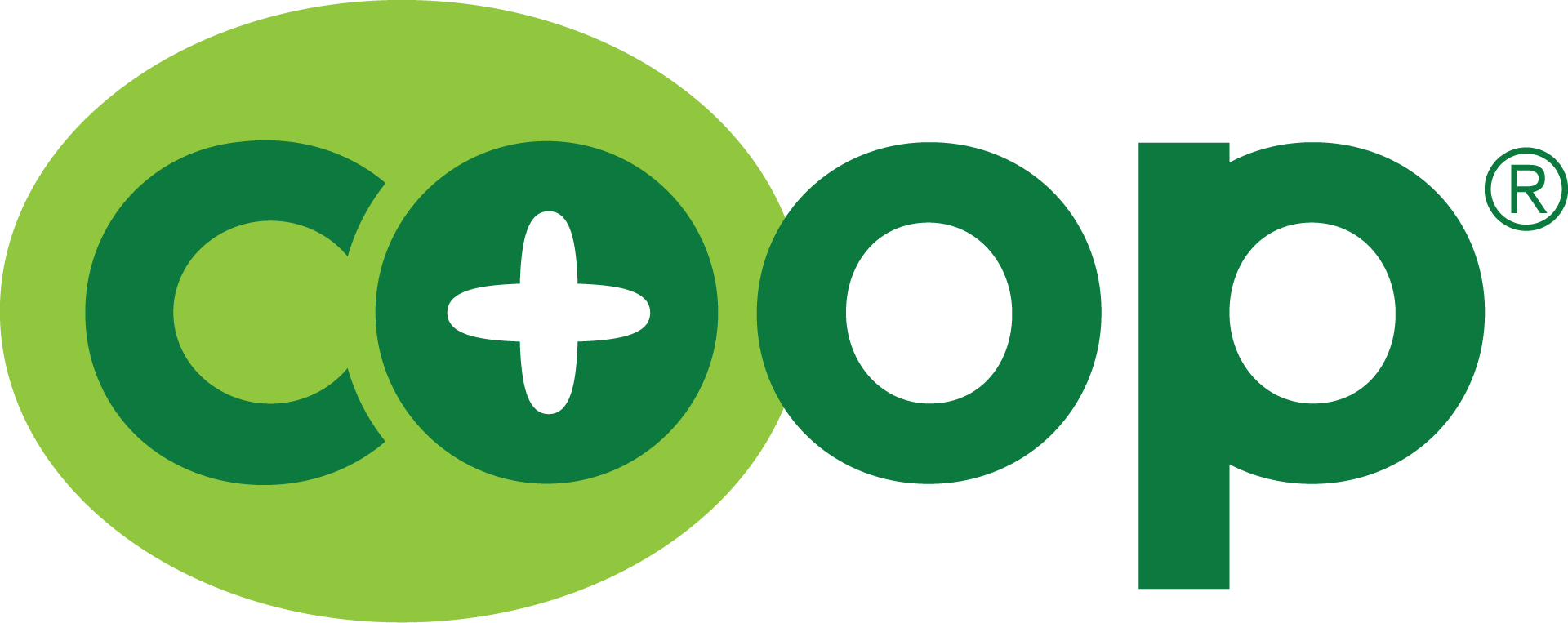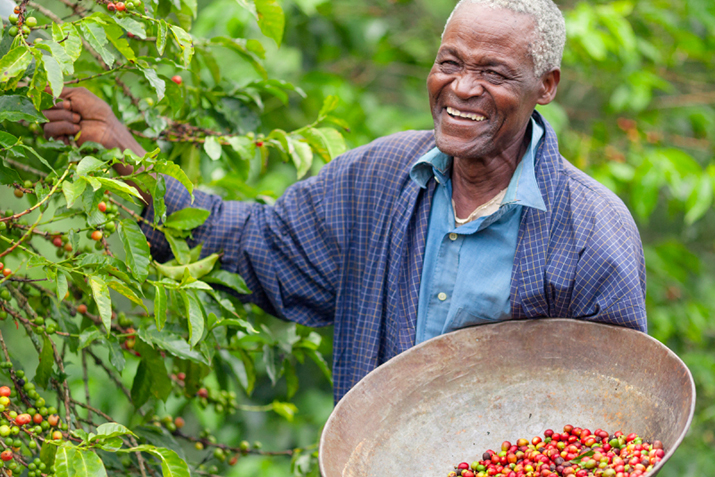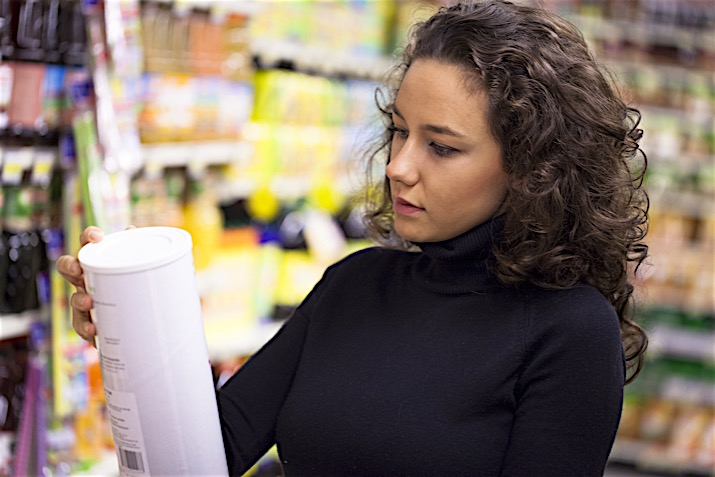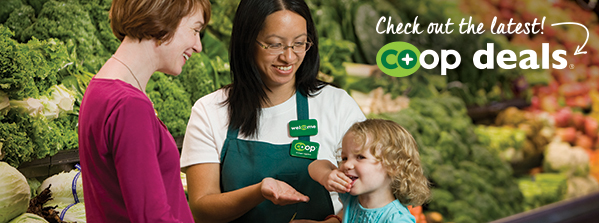Article
Fair Trade: A Primer

We all want to feel good about our food choices, and buying produce from a local farmer makes it easy. But what about food that comes from afar? In some communities around the world, impoverished workers are paid low wages while their land is depleted by industrial agriculture. Luckily, the Fair Trade Certified label can help us steer clear of foods grown under such conditions.
When a product sports a Fair Trade Certified label, it means producers were paid wages that allow them to support their families and contribute to the betterment of their communities. Fair Trade farmers deal one-on-one with importers (rather than middlemen), and Fair Trade encourages democratic decision-making, transparency, gender equity, and independence.
By choosing Fair Trade, we can support the environment, too. Since Fair Trade supports small-scale farmers, it encourages biodiversity (think shade-grown coffee and cocoa, which protect wildlife habitats) and sustainable practices like organic farming. There's no need to sacrifice quality with Fair Trade either; one emphasis of Fair Trade is supporting farmers in improving the quality of their crops.
Fair Trade Certification is not yet available for every kind of food, but it's a growing trend; you'll spot the label on coffees, teas, spices, chocolates, sugar, vanilla, fruits, wines and other foods. Fair Trade Certified non-food items like clothing and accessories, bodycare items and home and garden products are also available.
On your next trip to the co-op, try looking for the Fair Trade Certified versions of your favorite products—and feel great about helping to improve the lives of farmers and conserve the environment.













